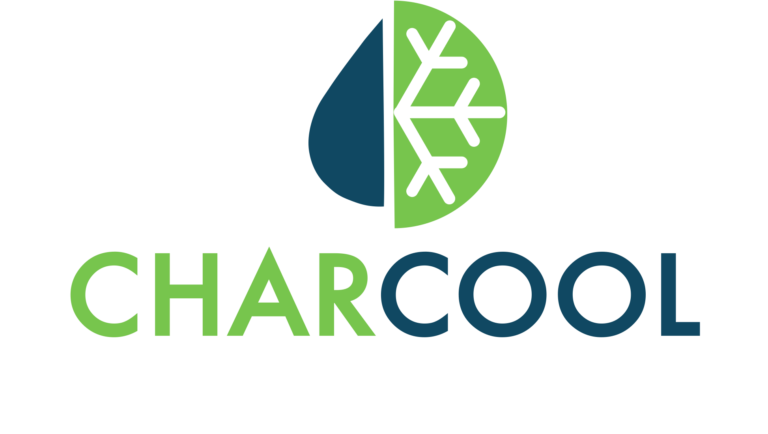Project partners
A strategic partnership of 5 university research laboratories and 1 high-tech SME from 5 different EU countries

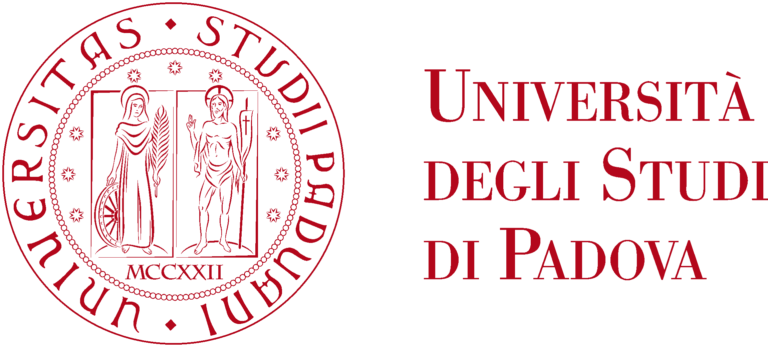
Università degli Studi di Padova
(UNIPD)
ITALY
Founded in 1222, the University of Padua now serves over 70,000 students.
The Thermal Energy Innovation research group led by Prof. Simone Mancin, belongs to the Department of Management and Engineering and its research activities, both experimental and numerical, focus on developing advanced, innovative, cost-effective thermal energy storage technologies for integrating renewable energy into the energy systems.
UNIPD is the CharCool project coordinator and it will lead the EIC Portfolio activities to boost the exploitation of the research outcomes.
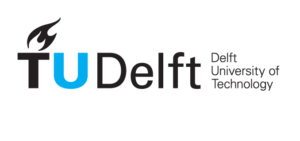
Technische Universiteit Delft
(TU Delft)
THE NETHERLANDS
The Technical University of Delft is the largest and oldest technical university of Netherlands, with more than 25,000 students and more than 6,000 staff members.
The Heat Transformation Technology group at the P&E Department (Faculty of Mechanical Engineering), headed by Prof. Kamel Hooman aims at promoting the sustainable and responsible utilization of thermal energy by performing both experimental and multi-scale numerical research activities in the field of thermal energy storage, heat pumping/refrigeration systems, and waste heat recovery.
In this project, TUD will lead WP3, on multiscale experiments and modelling, which aims at studying the CharCool storage elements, from particles to thermopiles.
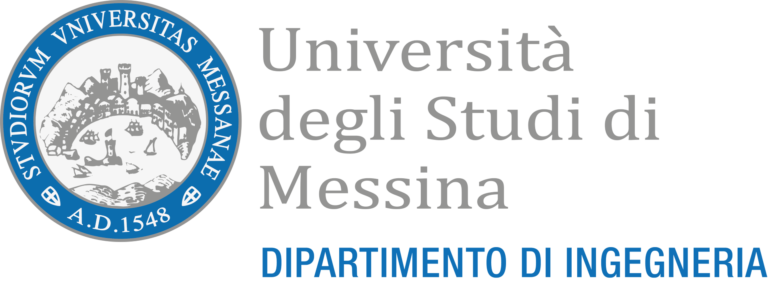
Università degli Studi di Messina
(UNIME)
ITALY
The Department of Engineering of the University of Messina has a long tradition of excellence in several field engineering research. With a highly qualified faculty and cutting-edge laboratory facilities, the department stands out for its ability to address the most current challenges in the sector. The research areas cover a broad spectrum, from civil and environmental engineering to electronic and computer engineering, through mechanical and industrial engineering. The researchers of the department are actively involved in national and international projects, collaborating with prestigious companies and institutions. The distinctive skills of the department include the development of new materials and technologies for environmental sustainability, optimization of industrial processes, data analysis and artificial intelligence, as well as the design of complex systems.
UNIME will lead WP2, where in collaboration with UNIPD, UDL, TUD, and SORP will select, develop, characterise, and upscale the novel bio-char salt composite thermochemical material. The teamwork has a world-class reputation on synthesis, functionalisation, characterisation and application of solid materials. It has a recognized knowledge in the thermochemical materials development and biochar production.
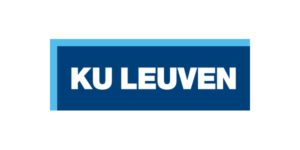
Katholieke Universiteit Leuven
(KU Leuven)
BELGIUM
KU Leuven, which will celebrate its 600th anniversary in 2025, accommodates today about 50,000 students, spread across the various campuses in Leuven and elsewhere in Flanders. For research, KU Leuven ranks among the world’s finest higher edication institutes. KU Leuven is dedicated to education and research in nearly all fields.
In this project the research group on Flexible Heat Pumps & Cooling systems, lead by Prof. Alessia Arteconi, of the mechanical engineering department will be involved. It is a new research group specialized in low grade thermal energy systems and it belongs to the mechanical engineering department which has a long experience in research and development in strict collaboration with industry. Furthermore, the research group is linked to EnergyVille, a collaboration among several Belgian research partners in the fields of sustainable energy.
In Charcool, KUL will lead WP5 about Smart control, integration and simulation.

Universidad de Lleida
(UdL)
SPAIN
GREiA research group at the University of Lleida is known worldwide for its research in thermal energy storage (TES) technologies, buildings energy efficiency, artificial intelligence applied to control strategies, advanced control strategies implementation, and LCA/LCC of energy efficiency systems.
Its main role in CharCool is leading WP1 to ensure the integration of circularity aspects in the technology and to evaluate its environmental impact.

Sorption Technologies SP ZOO
(Sorption PL)
POLAND
Sorption Technologies Poland specializes in designing and manufacturing solutions for heat recovery from low-temperature waste heat sources, generating chilled water for process cooling applications.
The thermal machines from SORP are specifically engineered to operate at liquid temperatures ranging from 55 to 95°C, utilizing environmentally friendly pure water as the refrigerant, ensuring a zero Global Warming Potential (GWP). Their chiller units are customer-specific, easily integrated and low-maintenance systems.
This technology has already proven its potential of electricity savings for industrial process cooling using low-temperature solar thermal, waste heat or district heating as primary energy sources.
SORP aims to have a positive influence across the value chain, working with all third parties to raise the bar on issues such as clean cooling within a natural and sustainable renewable energy framework. This is why they are currently participating in the CharCool project.
Sorption Technologies Poland has long experience with and commercial knowledge of sorption cooling technology; therefore, with the participation of the other partners they will be responsible for CharCool Proof-of-Concept and Demonstration.

Funded by the European Union. Views and opinions expressed are however those of the author(s) only and do not necessarily reflect those of the European Union or the European Innovation Council. Neither the European Union nor the granting authority can be held responsible for them. Grant Agreement No. 101162196.
